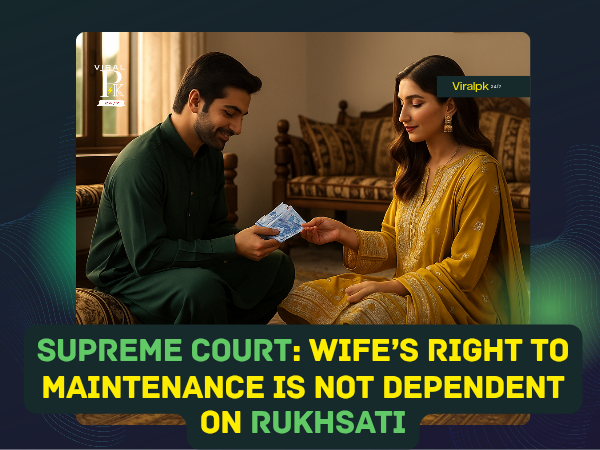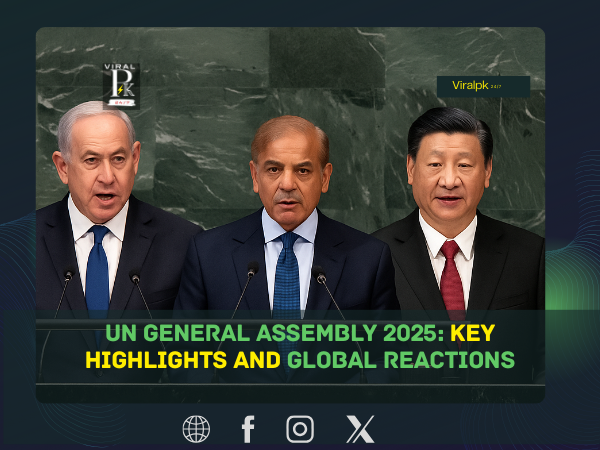Introduction
The Supreme Court of Pakistan has issued a landmark ruling affirming that a wife’s right to financial maintenance begins from the moment a valid marriage is contracted, and is not conditional on rukhsati (the customary departure of the bride from her parents’ home) or consummation. This decision represents a significant step toward strengthening women’s legal and constitutional rights in Pakistan.
The Ruling
Justice Syed Mansoor Ali Shah, delivering the judgment, emphasized that linking maintenance to traditions like rukhsati violates both constitutional protections and gender equality.
Key points from the judgment:
- A husband’s obligation to provide maintenance arises immediately after a valid nikah (marriage contract).
- Customs such as rukhsati or consummation cannot be used to delay or deny financial support.
- Maintenance can be denied only if the wife withdraws from the marriage without just cause, and the husband must provide proof of such withdrawal.
The Supreme Court also overturned a Lahore High Court decision that had previously supported conditioning maintenance on rukhsati.
Constitutional Significance
Justice Shah underlined that conditioning a woman’s financial rights on social customs is inconsistent with Articles 25 and 35 of the Constitution of Pakistan, which guarantee equality before the law and the protection of the family.
The court further urged the legal system to adopt gender-sensitive language to promote fairness and inclusivity in family law proceedings.
Impact on Women’s Rights
This landmark verdict holds wide-ranging implications:
- Empowerment: Newly married women can claim financial support immediately, without waiting for rukhsati or physical cohabitation.
- Protection from Abuse: Husbands can no longer use delays in rukhsati as an excuse to shirk financial responsibilities.
- Legal Precedent: Family courts across Pakistan are now bound to follow this interpretation, ensuring consistency in future cases.
Social and Legal Context
In many parts of Pakistan, the tradition of rukhsati can be delayed for months or even years after the nikah ceremony, often due to financial arrangements or family decisions. This delay has historically left women vulnerable, with some husbands refusing maintenance during this period.
The Supreme Court’s decision directly addresses these practices, aligning family law with Islamic principles of justice and equity, which obligate the husband to provide for his wife from the time of marriage.
Reactions and Next Steps
Women’s rights activists have welcomed the verdict as a progressive step toward gender equality. Legal experts view it as a crucial precedent that will influence future family law cases and protect women from economic exploitation.
Family lawyers recommend that newly married women and their families familiarize themselves with this ruling to ensure their rights are upheld in marital contracts and potential disputes.
Conclusion
The Supreme Court’s ruling reinforces the principle that a wife’s right to maintenance is intrinsic to the marriage contract and cannot be undermined by cultural traditions like rukhsati. By insisting on gender-sensitive language and constitutional equality, the judgment sets a powerful example for protecting women’s rights in Pakistan’s legal system.
📌 Disclaimer
This article is for informational purposes only and is based on publicly reported court proceedings. It does not constitute legal advice. The accompanying image is AI-generated and used for reference.
🔑 Keywords
Pakistan Supreme Court wife maintenance, rukhsati law Pakistan, Syed Mansoor Ali Shah judgment, women’s financial rights Pakistan, family law gender equality Pakistan, nikah maintenance ruling, Lahore High Court overturned, constitutional rights of women Pakistan, gender-sensitive legal language, Pakistan family law updates











